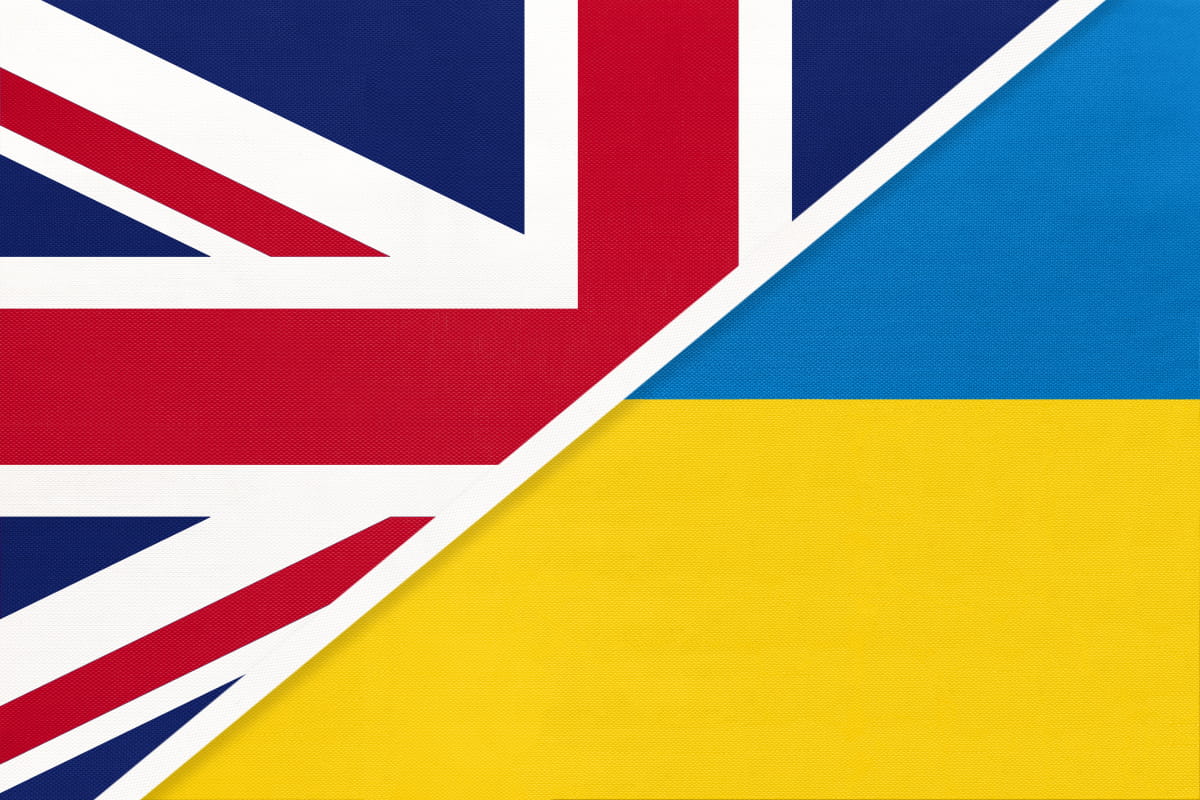In British political circles, discussions on the war in Ukraine have reignited. London’s official position remains steadfast: only Ukraine has the right to decide under what conditions to end the conflict. However, in private conversations, some senior officials express thoughts on a possible compromise approach, which may include pressure on Kyiv to achieve peace.
Why are compromises being discussed?
The protracted war in Ukraine is causing fatigue among international partners. Western governments are facing challenges related to the economic consequences of sanctions against Russia, rising energy costs, and the need for continuous financial support for Ukraine. In such circumstances, some British politicians propose seeking compromises as a way to reduce tension.
However, the main question is the extent of these actions. Can they ensure lasting peace, or will they only strengthen Russia’s aggressive behavior?
NATO Membership as a Potential Bonus
One of the key arguments of compromise advocates is providing Ukraine with security guarantees. This can include both political agreements and prospects for NATO membership. It is believed that such steps could be a compelling incentive for Kyiv to agree to negotiations.
However, this option carries several risks:
- Firstly, Ukraine’s NATO membership would be another provocation for Russia, which actively opposes Alliance expansion.
- Secondly, such a compromise may be perceived as weakness by the Western coalition, only encouraging other authoritarian regimes to engage in aggressive behavior.
Is Compromise Really Possible?
Ukraine has already paid a very high price for its freedom – in human lives, destroyed cities, and economic losses. For many Ukrainians, any actions that call into question the sovereignty of the country are unacceptable.
Furthermore, compromises without clear security guarantees will only prolong the conflict. There have been cases in history when peaceful agreements served as just a pause before new aggression. For example, the Munich Agreement of 1938, meant to prevent war, instead facilitated the outbreak of World War II.
Ukrainian Question or Global Order
For Ukraine, support from international partners is critical. It includes supplying weapons, financial aid, and sanctions against the aggressor. Diminishing this support due to partner fatigue could have catastrophic consequences.
However, the West also recognizes that Ukraine’s success is essential not only for itself but for global order as well. Defeat for Kyiv would set a dangerous precedent for other authoritarian states that may see force as the primary tool for resolving international issues.
Discussions about compromises in the war in Ukraine reflect the complexity of the situation. On one hand, prolonged conflict causes fatigue among partners. On the other hand, any actions undermining Ukraine’s sovereignty could lead to new catastrophic consequences.
The key question remains: how to ensure peace that guarantees security and justice? The answer to this question depends not only on Ukraine but also on the resolve of its allies.


